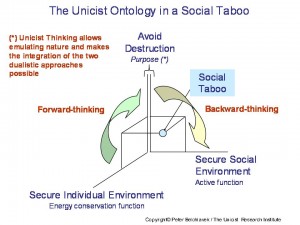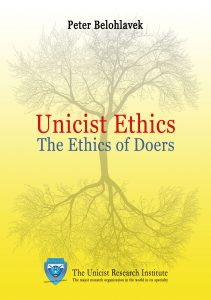Economic Growth Theory: a breakthrough by Peter Belohlavek
Peter Belohlavek’s research demonstrated that economic growth is produced when there is an increase of technology, scarcity, monetary circulation and competitiveness in an environment. This growth theory is applicable to micro and macroeconomics. The Unicist standard defined the objects that are necessary to be upgraded in order to foster economic growth. The driver for growth is the increase of monetary circulation but its catalyst is competitiveness. Apprehending the concept of economic growth allows designing growth strategies.
Access or request a Unicist Tweetinar on this subject at:
http://www.academic.unicist.org/unicist_tweetinars.shtml
Learn more about the trend of ontology based solutions for businesses:
http://www.unicist.net/obs.shtml
Press Committee
NOTE: The Unicist Research Institute is the pioneering complexity science research organization developing solutions for complex adaptive systems using ontogenetic ontologies and object driven technologies. More than 3,500 ontological researches were developed since 1976 until September 2010 in the field of individual, institutional and social evolution.



